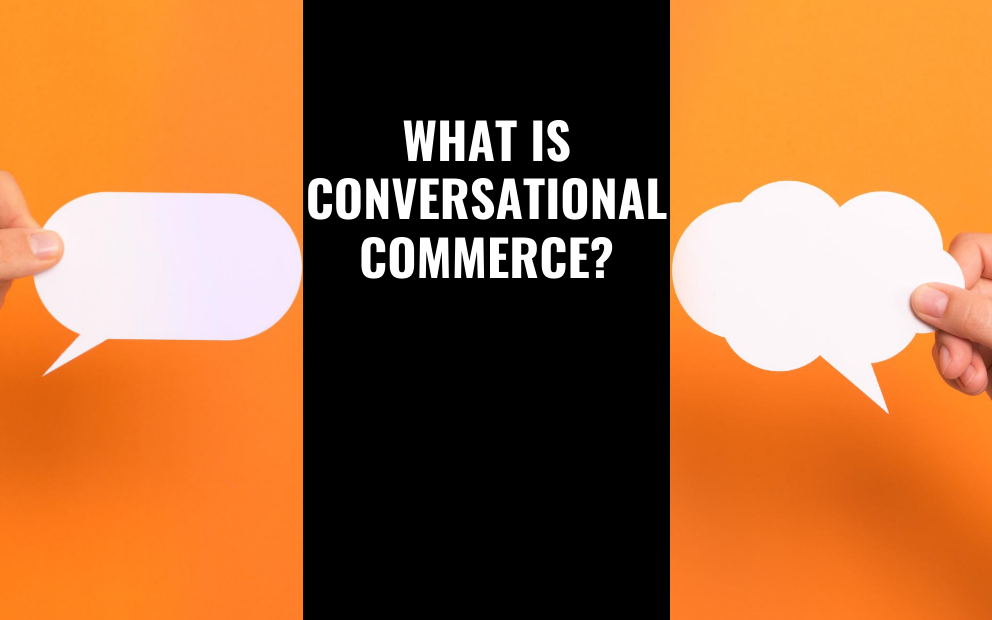The Quiq Blog
The latest news and expert advice on AI, CX, and customer service.
AI | 6 min read
Let’s Talk AI in Sales: Why I Believe AI Agents Are Your Next Revenue Superstars
Key Takeaways
Shift your mindset from cost-saving to revenue generation. AI sales agents are powerful tools that ...
More posts















